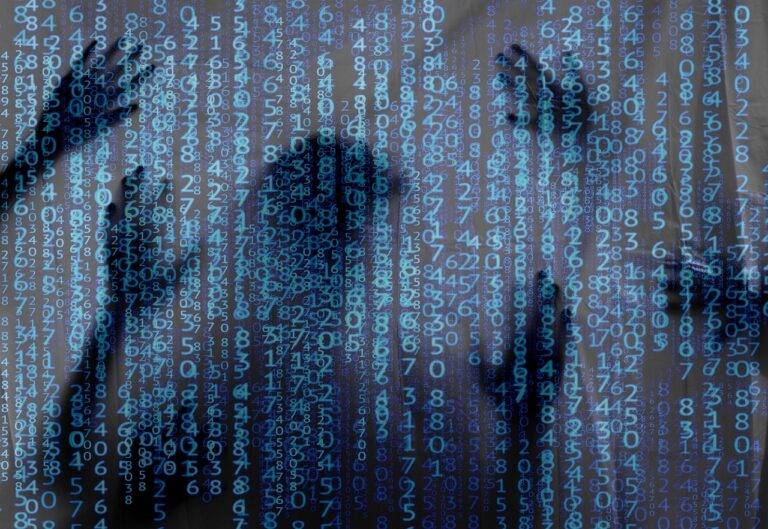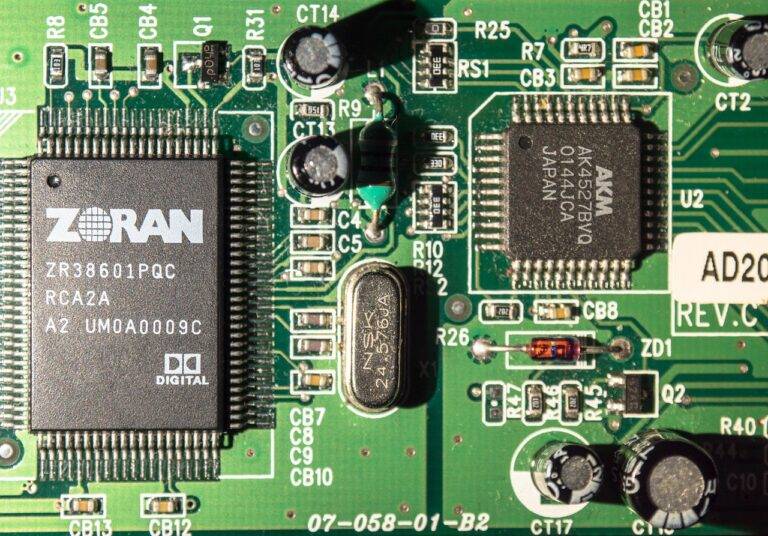The Rise of Quantum Cryptography
Quantum cryptography, also known as quantum key distribution (QKD), is an advanced method of securing communication channels using the principles of quantum mechanics. Unlike classical encryption methods, which rely on mathematical algorithms, quantum cryptography utilizes the fundamental properties of quantum physics to provide unconditional security. In this article, we will explore the rise of quantum cryptography and its implications for secure communication in the digital age.
Quantum cryptography leverages the principles of quantum mechanics, such as superposition and entanglement, to achieve secure communication between two parties. The key idea behind quantum cryptography is the use of quantum states to transmit cryptographic keys between the sender and the receiver. These keys are then used to encrypt and decrypt messages, ensuring that the communication remains secure even in the presence of eavesdroppers.
The Principles of Quantum Cryptography
Quantum cryptography relies on two main principles:
- Quantum Uncertainty: Quantum mechanics dictates that the act of observing a quantum system disturbs its state, making it impossible for an eavesdropper to intercept the transmission of quantum states without being detected. This property, known as the Heisenberg uncertainty principle, forms the basis of quantum key distribution.
- Quantum Entanglement: Quantum entanglement allows two or more particles to become correlated in such a way that the state of one particle instantaneously influences the state of the other, regardless of the distance between them. Quantum cryptography exploits entanglement to generate secure cryptographic keys that are shared between the sender and the receiver.
Applications of Quantum Cryptography
Quantum cryptography has several applications across various domains:
- Secure Communication: Quantum cryptography enables secure communication channels that are immune to eavesdropping attacks. By leveraging the principles of quantum mechanics, quantum cryptography ensures the confidentiality and integrity of transmitted data.
- Financial Transactions: Quantum cryptography can be used to secure financial transactions, such as online banking and electronic payments. By providing unconditional security, quantum cryptography mitigates the risk of fraud and cyber attacks.
- Government and Military: Governments and military organizations utilize quantum cryptography to secure sensitive communications and data transmissions. Quantum cryptography offers a high level of security against sophisticated adversaries.
- Healthcare and Telemedicine: Quantum cryptography can safeguard the confidentiality of medical records and telemedicine consultations, ensuring the privacy of patient information.
Challenges and Future Directions
Despite its promise, quantum cryptography faces several challenges:
- Practical Implementation: Deploying quantum cryptography in real-world scenarios requires robust hardware and infrastructure. Researchers are working on developing practical QKD systems that are scalable, reliable, and cost-effective.
- Interoperability: Achieving interoperability between different QKD systems and protocols is essential for widespread adoption. Standardization efforts are underway to establish common protocols and interfaces for quantum cryptography.
- Quantum Computing: The emergence of quantum computers poses a potential threat to existing cryptographic systems, including quantum cryptography. Researchers are exploring post-quantum cryptographic algorithms that are resistant to quantum attacks.
FAQs
Q: How does quantum cryptography work?
A: Quantum cryptography uses the principles of quantum mechanics to secure communication channels. It relies on quantum states to transmit cryptographic keys between the sender and the receiver, ensuring unconditional security.
Q: What are the main advantages of quantum cryptography?
A: Quantum cryptography offers unconditional security, meaning that it is theoretically impossible for an eavesdropper to intercept the communication without being detected. It also provides protection against future advancements in computing, such as quantum computers.
In conclusion, quantum cryptography represents a significant advancement in the field of cybersecurity, offering unparalleled security guarantees for communication in an increasingly digital world.





